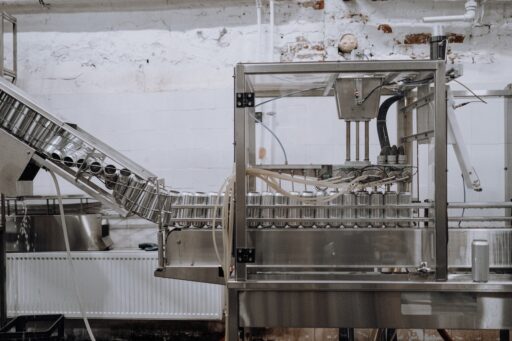The food industry tends to choose high-quality ball bearings for their machinery for many reasons. In general, food processing machinery operates in environments where cleanliness and hygiene are of incredible importance. High-quality ball bearings are typically made from materials like stainless steel or other corrosion-resistant alloys, which are not only durable but also resistant to corrosion and rust. This reduces the risk of contamination and ensures that the machinery can be easily cleaned and sanitized.
Strict food regulations need reliable machinery
Because the food industry is heavily regulated, with strict requirements for food safety and quality, using high-quality ball bearings that meet industry standards and regulatory requirements is essential to ensure compliance with these standards. Quality bearings are less likely to shed particles, lubricants, or other contaminants that could compromise the quality of food products.
Longer bearing life and reduced maintenance requirements can then translate to less downtime for food processing machinery. In an industry where production efficiency and consistent output are critical, minimizing downtime can have a significant positive impact on overall productivity and profitability.
Reliable and consistent
High-quality bearings also contribute to the reliable and consistent operation of food processing machinery. This consistency can lead to improved product quality, especially in processes like packaging, filling, and portion control, where precision is essential.
For example, quality ball bearings are less likely to release contaminants, such as lubricants or particles, into the food processing environment. This reduced risk of contamination helps maintain the integrity of food products and reduces the possibility of product recalls or health safety issues.
Conclusion
In summary, the food industry prioritizes high-quality ball bearings for machinery because they are essential for maintaining the safety and integrity of food products, ensuring compliance with regulations, and improving operational efficiency.








